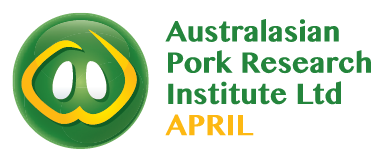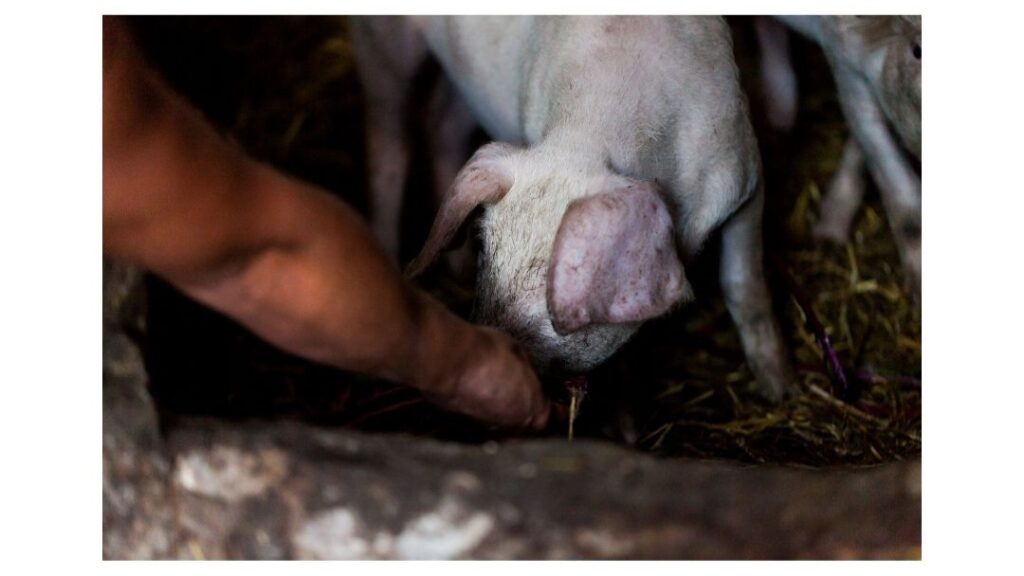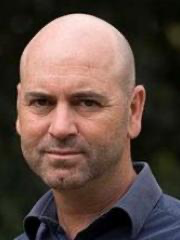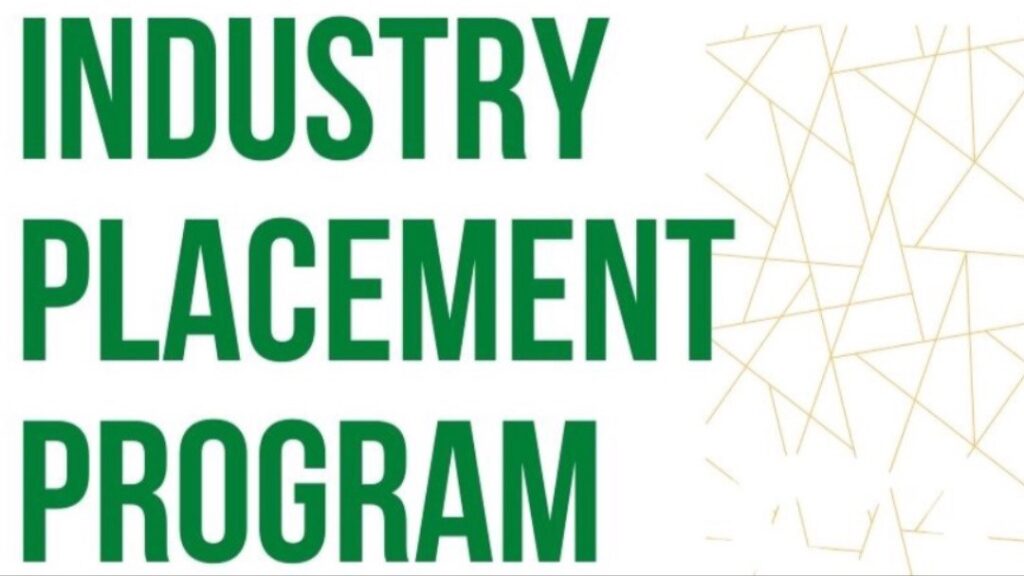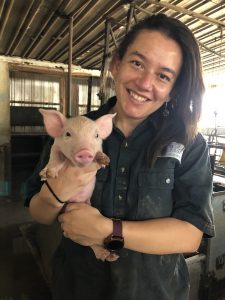APRIL Announces Call for Applications for Industry Priority and Innovation Projects
The Australasian Pork Research Institute Ltd (APRIL) is seeking applications for its Industry Priority Project and Innovation Project grant application schemes, for commencement in 2022.
An independent, member-based entity, APRIL seeks to enhance the Australasian pork industry by investing in research and development, education and training, and commercialisation activities focused on priorities and deliverables that ensure the sustainability of Australasian pork production, and to generate optimal returns for its stakeholders.
APRIL’s Industry Priority Projects address a number of key areas that will help to shape the future industry landscape. Specifically, APRIL is looking for applications related to the following priorities only:
- Novel approaches to allow increased use of food wastes in pig diets;
- Improved water quality for use/re-use on-farm and in processing facilities;
- Development of real time monitoring and surveillance technologies under commercial conditions;
- Establish pork as an integral part of a healthy lifestyle;
- Reducing variation in lifetime performance;
- Heavier carcasses.
More information on these priorities can be found in the Guidelines, available from the APRIL website.
Applications can be lodged by researchers currently working in the Australasian pork industry, but are also welcomed from individuals and organisations not necessarily with a direct affiliation with the industry. Potential applicants should be acquainted with APRIL’s membership base and the prospective advantages interactions with members may bring to a proposal.
As with previous APRIL funding rounds, a minimum level of co-investment of 25% cash (of the total project cost) is required for Industry Priority Projects. However, the priorities lend themselves to potentially significantly higher levels of external investment, and researchers interested in applying should seek these avenues wherever possible.
Selection criteria include the quality of the science being proposed, soundness and logic of rationale and methodologies, the relevance of partnerships and appropriateness of the collaboration and engagement strategies, the track record, multi-disciplinary composition and capability of the research team, performance and outputs from previously held research grants (if appropriate), appropriateness of the budget and overall value for money in regard to the contribution of this research to the strategic directions and purposes of APRIL, and the ease of adoption of the project outcomes and their potential impact on the Australasian pork industry.
APRIL’s Innovation Projects are designed specifically to support ‘out of the box’ ideas for smart, new approaches to tackle the current and emerging challenges of the Australasian pork industry. Innovation Projects must demonstrate originality, uniqueness and creativity, establish new concepts or challenge existing ones, address significant challenges or critical barriers to progress, and be able to improve or apply new theoretical concepts, methodologies or tools that will benefit industry.
The assessment of applications will be based strongly on these criteria, and revenue-generating potential, if appropriate, will also be considered. Collaborative approaches by researchers and industry personnel are strongly encouraged, as are applications from individuals and organisations not necessarily having a direct affiliation with the pork industry but think a difference can be made.
Innovation Projects are negotiable to around 12 to 18 months in duration, have a maximum budget of ~$75,000, and require a minimum external cash co-investment of 25% of the total cash cost of the project. Cash contributions to the cost of the project exceeding this amount will viewed favourably.
Both the Industry Priority and Innovation Project schemes are provided on a nationally competitive basis and available to applicants from any organisation. All APRIL funding schemes are assessed, evaluated and recommended for funding by the Research and Development Advisory Committee, which has the collective expertise and experience to effectively assess applications against all selection criteria for that scheme. If approved, research scheme funds are paid directly to the successful applicant. Funding Rules for research schemes funded by APRIL stipulate that no overhead (indirect cost recovery) can be charged.
For any further information or any questions on the Industry Priority Project and Innovation Project schemes, please contact either Dr Charles Rikard-Bell (Manager, Commercialisation and Research Impact), or Dr John Pluske (Chief Scientist and CEO).
Important Dates:
Applications open: 30 August 2021
Applications Close: 1 October 2021
It is anticipated that funding for successful projects would occur after December, 2021, subject to APRIL Board approval.
